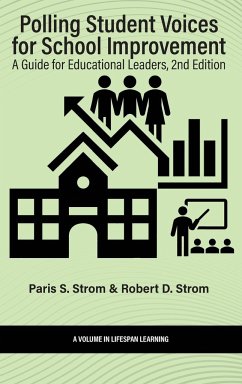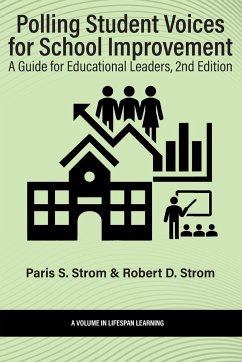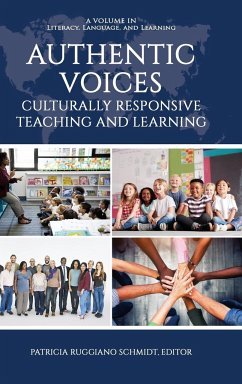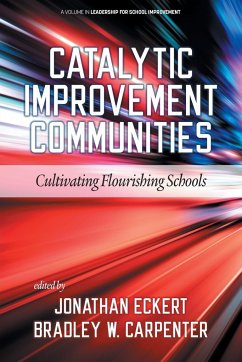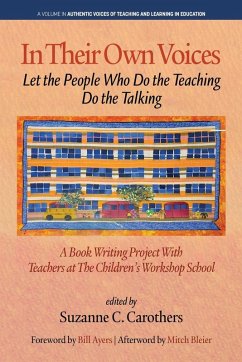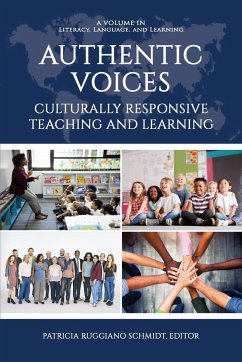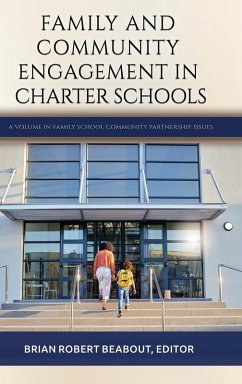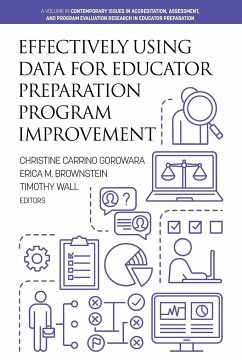The purpose of this book is to help secondary school principals and college faculty fulfill their key role for continuous improvement planning of educational practices and safety at their institution. Rapid social and technological advances have motivated the consideration of student voice in schools across the United States. By merging student voice and educator expertise, an intergenerational perspective can emerge that more accurately portrays the strengths and limitations of a school. Strom and Strom began their research on student voice by partnering with adolescents and principals from several schools to identify topics they saw as appropriate for polling to improve schools. This effort led to the development of ten polls on school stress, career exploration, time management, attention and distraction, tutoring, peer support, school cheating, frustration, cyberbullying, and Internet learning. Every poll contains 15 to 20 multiple-choice items. The process model for polling includes a step-by-step procedure that educational leaders can use to plan and implement school improvement. Different methods of data analysis and ways to report overall evidence-based school results are presented by age, gender, grade and ethnicity. Student polling is distinctive from other assessment strategies because the target for data gathering is a single school, without comparison to other schools. This narrow base to assess student voice ensures poll results are anonymous and have local relevance to guide stakeholder responses. The results of polling can provide data-based evidence that can be used for continuous education improvement planning. An additional benefit is to separately assess students in special education, gifted and talented programs, and second language acquisition learners. Our web site at learningpolls.org is intended to further inform educational leaders and invite their collaboration.
Hinweis: Dieser Artikel kann nur an eine deutsche Lieferadresse ausgeliefert werden.
Hinweis: Dieser Artikel kann nur an eine deutsche Lieferadresse ausgeliefert werden.

